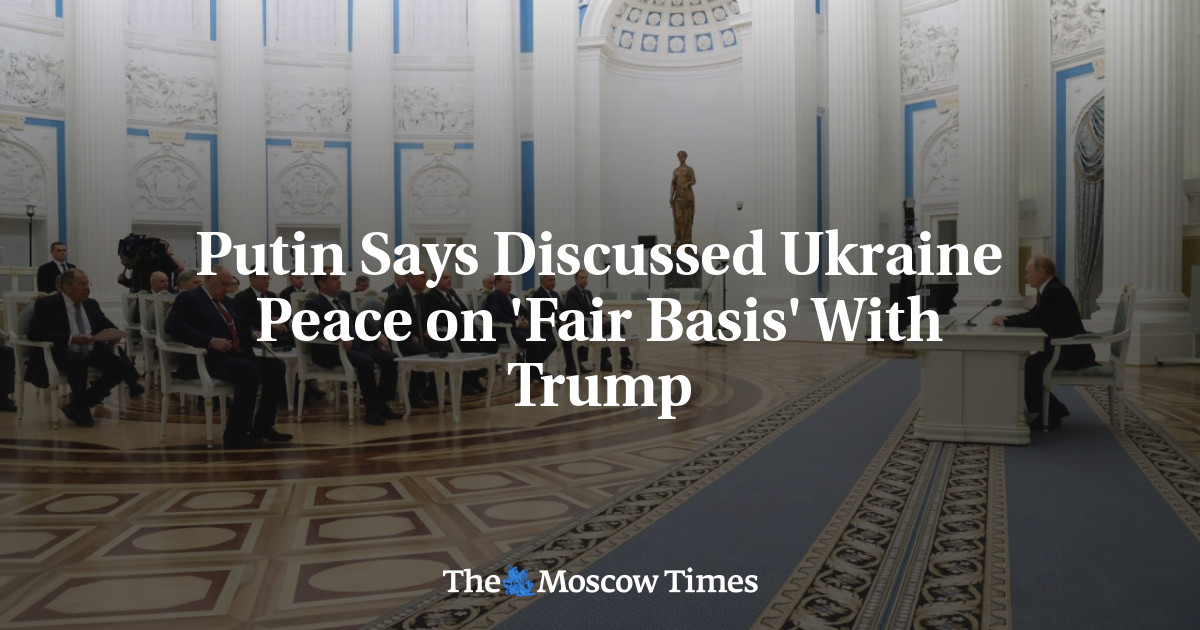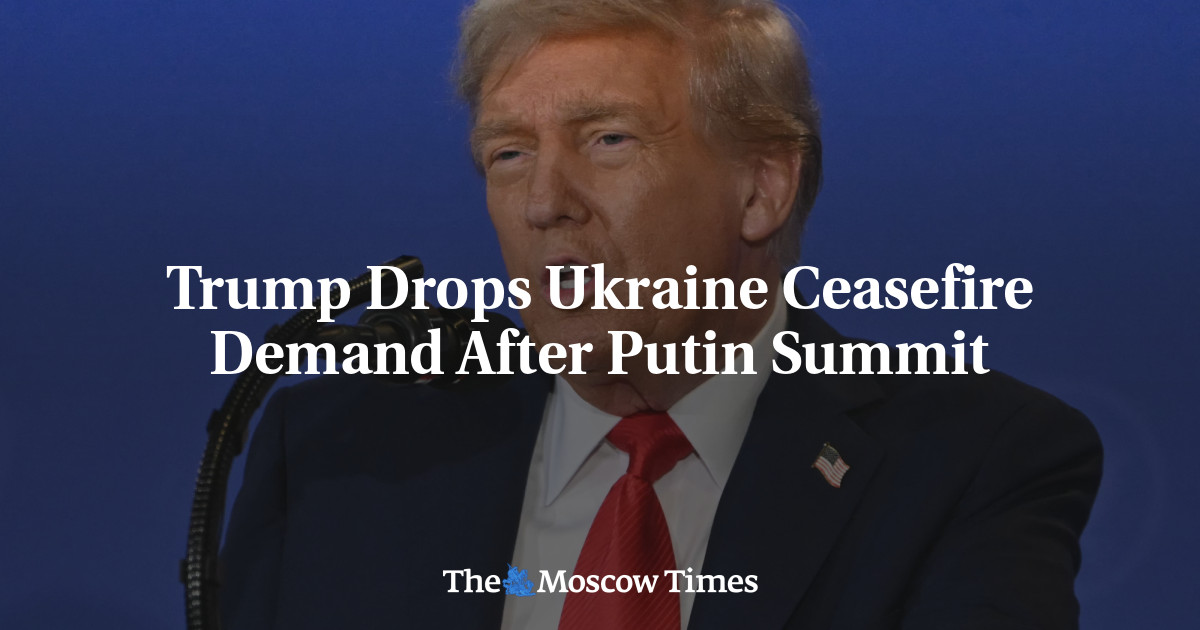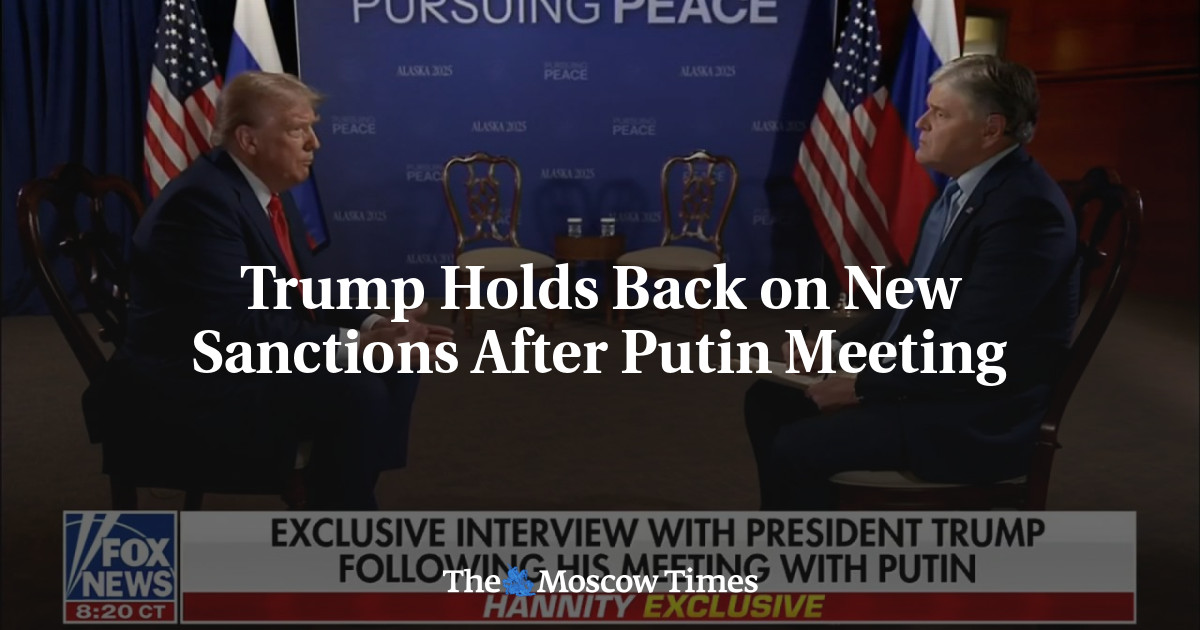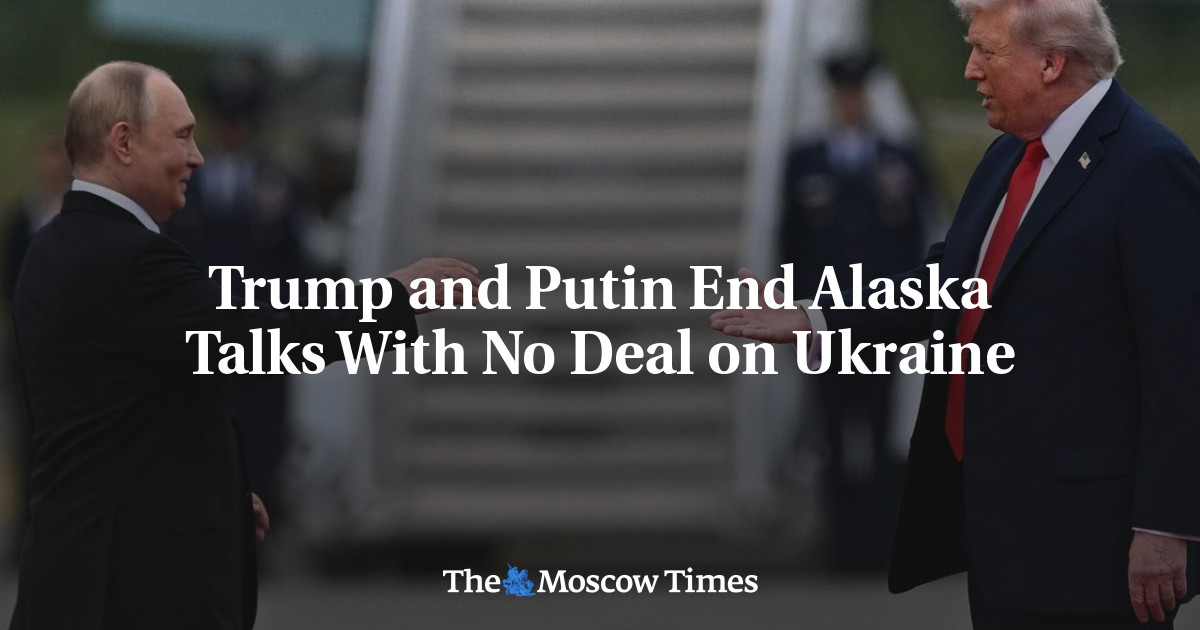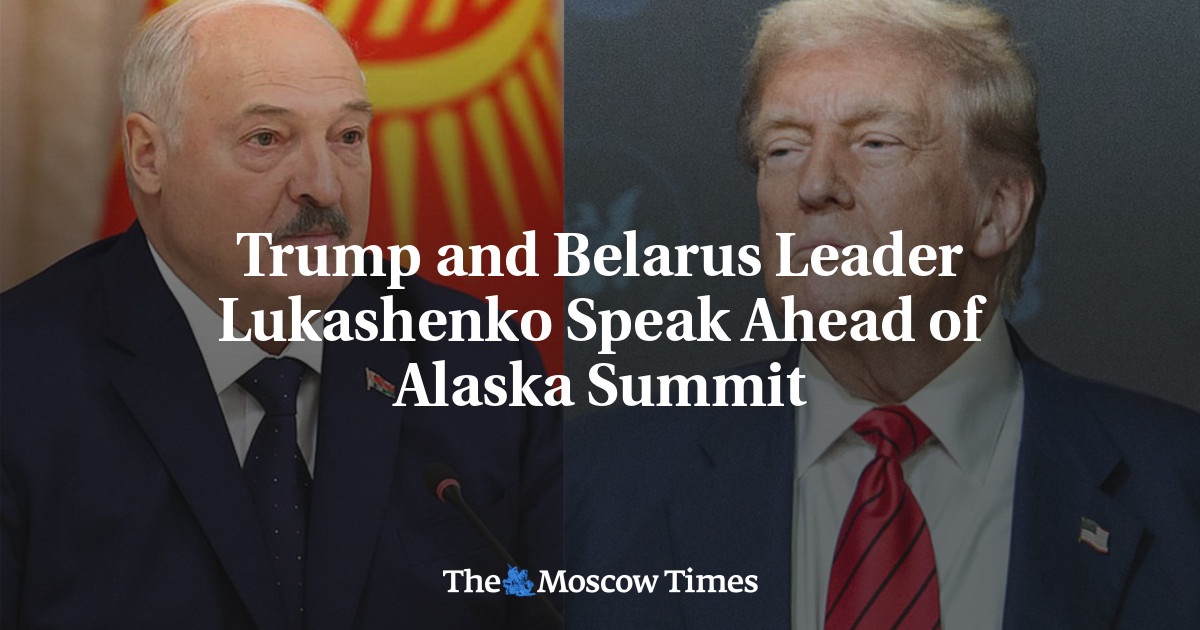Derk Sauer, the Dutch media entrepreneur who founded The Moscow Times, died on Thursday at age 72, his family said in a statement.
He died from injuries sustained in a sailing accident one month ago while on the water with his wife, Ellen Verbeek.
Born in Amsterdam, Sauer spent his youth as a leftist activist before becoming a journalist for Dutch newspapers and broadcasters. In 1989, he and Verbeek moved to Moscow during the final years of the Soviet Union.
In 1992, Sauer launched The Moscow Times as an English-language daily aimed at the growing expat community in post-Soviet Russia. Under his leadership, the paper became a trusted independent source of news for millions of readers inside and outside the country, and helped launch the careers of dozens of prominent journalists.
The same year, Sauer and his business partner Annemarie van Gaal founded Independent Media, which went on to publish the Russian editions of Cosmopolitan, Playboy, FHM, Harper's Bazaar, Good Housekeeping, Esquire and Men's Health.
In 1999, Sauer co-founded Vedomosti, one of the country’s leading business newspapers. He would also serve as director of RBC, another leading business publication.
A familiar face in Dutch media, Sauer wrote a regular column for the newspaper Het Parool and frequently appeared on Dutch television.
After selling The Moscow Times in 2005, he repurchased the publication in 2017 and relaunched it as a digital-only outlet. The newsroom continued operating from Moscow until March 2022, when Russia’s wartime censorship laws forced Sauer and the staff to relocate to Amsterdam.
With Sauer’s support, the independent broadcaster TV Rain (Dozhd) and journalists from the exiled Russian news outlet Meduza also relocated to Amsterdam, helping establish a hub for independent Russian media in exile.
He is survived by his wife and their three sons.
A Message from The Moscow Times:
Dear readers,
We are facing unprecedented challenges. Russia's Prosecutor General's Office has designated The Moscow Times as an "undesirable" organization, criminalizing our work and putting our staff at risk of prosecution. This follows our earlier unjust labeling as a "foreign agent."
These actions are direct attempts to silence independent journalism in Russia. The authorities claim our work "discredits the decisions of the Russian leadership." We see things differently: we strive to provide accurate, unbiased reporting on Russia.
We, the journalists of The Moscow Times, refuse to be silenced. But to continue our work, we need your help.
Your support, no matter how small, makes a world of difference. If you can, please support us monthly starting from just $2. It's quick to set up, and every contribution makes a significant impact.
By supporting The Moscow Times, you're defending open, independent journalism in the face of repression. Thank you for standing with us.
Continue
![]()
Not ready to support today?
Remind me later.
 (1).png)
 2 weeks ago
6
2 weeks ago
6
